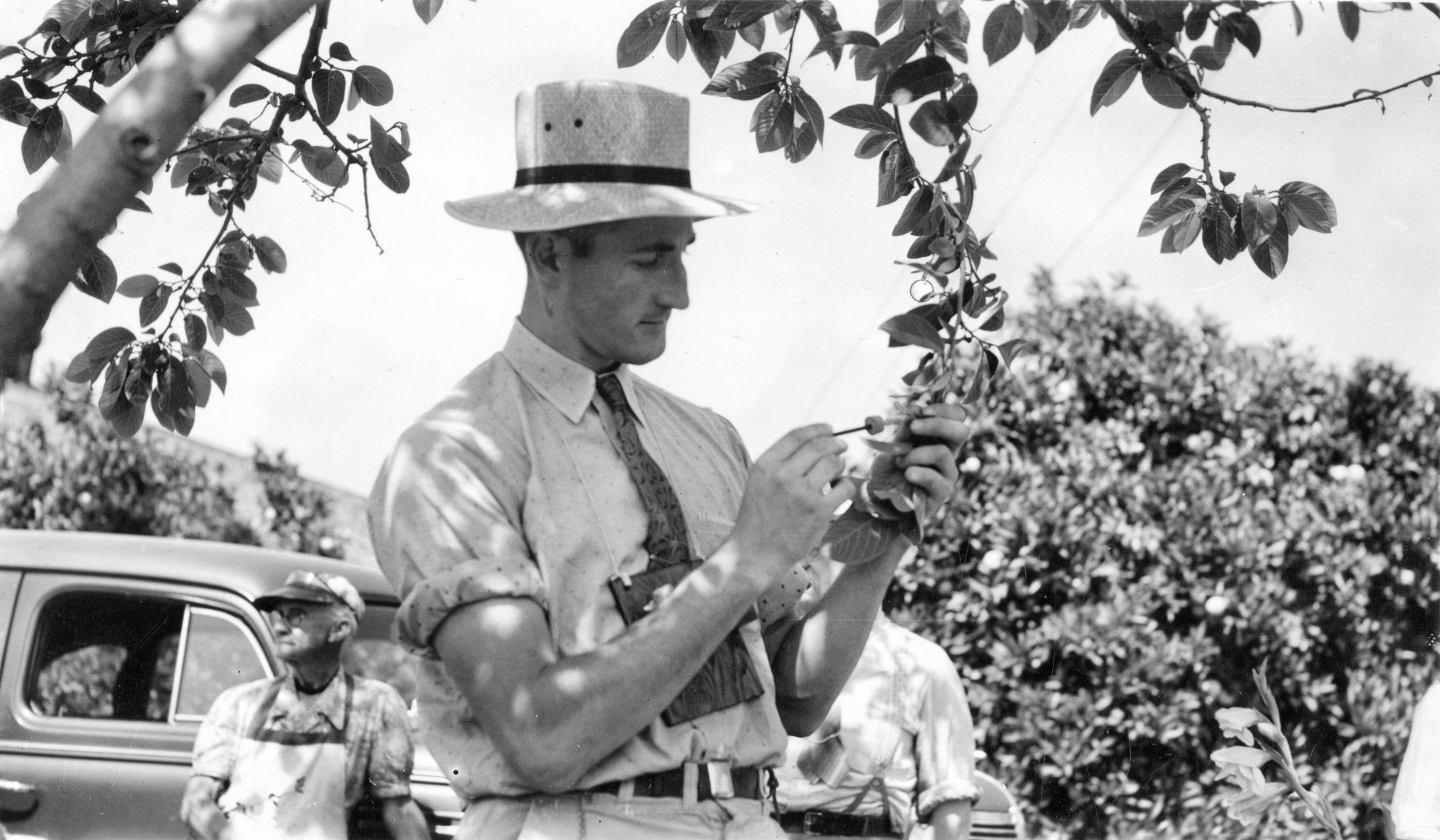Bee decline could cause major global food production problems, expert claims
The decline of bees in Britain could have huge impacts on the production of certain fruits and vegetables

The decline of the honeybee in the UK and elsewhere is a well-known issue, and one that could have huge effects on our food supply.
Bees, and other flying insects like butterflies and wasps, help propagate crops when feeding. When landing on plants to gather food, some of the pollen rubs off on them - when they fly to another flower, they deposit some of that pollen, fertilising it and causing seeds to grow, which ensures the creation of more plants.
It's a natural process which dates back to the time of the dinosaurs, and one which makes certain areas of modern agriculture possible. But what would happen if the bees died out?
Dave Goulson, a biology professor at the University of Sussex and a leading bee expert and conservationist, explained that around three-quarters of the crops grown by humans depend on, or benefit from, pollination from insects like bees.
Speaking to The Independent, he said: "Life would be really hard without bees."
"Raspberries, blueberries, strawberries, runner beans, courgettes, chilli peppers, tomatoes, and most of the fruits and vegetables which provide a lot of our vitamins would be gone."
"We'd basically have to survive on wind-pollinated crops like rice, wheat barley and corn. Bread and porridge would be our lot, basically, and life would be pretty crap."
This would have knock-on effects in other areas of agriculture, too. Many of the plants which go into livestock feed are either pollinated by wind or by themselves, but a significant number of ingredients would be hard to come by without bees to pollinate them, potentially leading to a decline in meat production.
Fortunately, a total extinction of the bees isn't likely to happen. As Dave said: "There's not going to be a catastrophe any time soon, but bee decline is going to exacerbate problems of maintaining food supply in a crowded world."
The more realistic future scenario is that insect-pollinated crops start to suffer, because they aren't being fully pollinated and there simply aren't enough bees to go round.

A dramatic example of a solution used to counter this problem can be found in south west China, where some farmers have begun painstakingly hand-pollinating their orchards with jars of pollen and paintbrushes, due to the decline of local wild bees.
There's multiple causes of bee decline, but one is the increased use of pesticides - according to a recent study, there's a cocktail of over 57 different substances inside European bees, some of which can severely deplete a bee's immune system and cause learning and navigation problems.
The changing face of agriculture in the 20th century has also eradicated swathes of flower-rich meadows across the UK, which provide bees with food. The industrialisation of the honey industry, the transportation of bees around the world and some ill-advised historic conservation programmes have also caused parasites and diseases to threaten bees who have not built up an immunity to them.
There may not be a single remedy for bee decline, but Dave believes a change in British agriculture which would provide the animals with more habitats, as well as a reduction in the use of pesticides, could help make the situation better.
"We really need to find ways to integrate looking after wildlife into how we produce food, and to reduce our current heavy reliance on pesticides."
"It's an easy thing to say, but actually making those changes is very difficult."
Join our commenting forum
Join thought-provoking conversations, follow other Independent readers and see their replies
0Comments